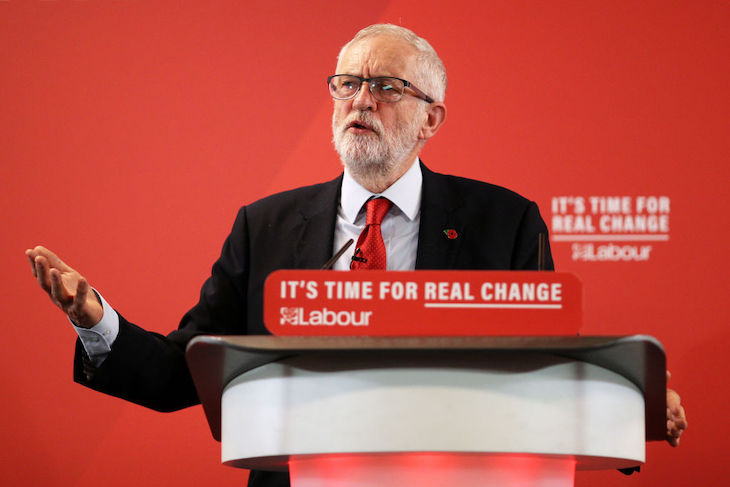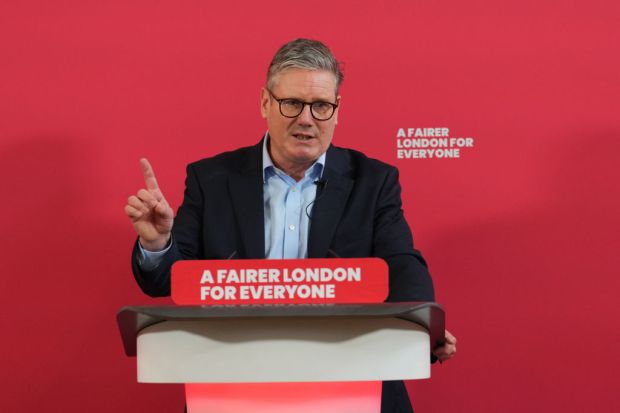Would you like to be paid the same amount of money for working fewer hours? It sounds like it’s too good to be true. And at least when it comes to the public sector, it very definitely is.
At the Labour party conference, John McDonnell announced that the party would, over the course of the next decade, cut the average working week to 32 hours (from the current figure of 37.3 or 42.5, depending on which data you use). In other words, from five days down to four.
This policy, championed and welcomed by the trade unions, would have big implications for businesses. But it would also have a huge impact on the public sector.
On the face of it, you’d either need to hire 20 per cent more teachers, nurses, civil servants and so on. Or else ensure that those already working there used their working hours 25 per cent more productively, to make up the lost day.
So how much would it cost?
It’s impossible to predict the state of the labour market a decade in advance. But if we were making the transition right now, new research by our think tank, the Centre for Policy Studies, shows that you’d need to pay an extra £45 billion in additional staffing costs – the equivalent of 10p on income tax.
Making some truly Herculean assumptions about the productivity improvements that might result from people working smarter rather than longer, you could bring this down to something like £17 billion – but these assumptions are not exactly supported by the academic literature.
Indeed, the paper by Lord Skidelsky that inspired Labour’s policy, commissioned by John McDonnell via the Progressive Economy Forum, explicitly notes that productivity improvements have historically led to shorter working hours, rather than vice versa.
Labour’s reply to this is that in fact, there would be no cost at all. Instead, a party spokeswoman told the Times today, it would be ‘funded by rising productivity across the economy thanks to Labour’s large-scale programme of investment’.
But this doesn’t actually make sense.
As the Office for National Statistics will tell you, public sector productivity over the last 20 years has grown by just 0.2 per cent a year. This means that, to deliver the necessary productivity increases over the decade, you’d need to increase efficiency more than ten times quicker than any government has managed in recent memory.
But there’s more. Last year, we at the CPS looked at the relationship between NHS funding and productivity. We found an inverse correlation: the more money that was spent, the less efficiently it tended to be used.
Labour are, of course, promising to increase public spending – and to give trade unions a much bigger say in how workplaces operate. The idea that they can do this at the same time as delivering historically unprecedented productivity growth within public services is, well, implausible.
Indeed, Skidelsky’s report argues that there might be scope for solid productivity gains within the public sector given how awful it has generally been at embracing automation – essentially, sacking lots of people and buying lots of computers. But he also admits that this will be much harder in sectors like health and social care, which depend more on people-to-people interactions. For example, he acknowledges that when France introduced a 35-hour working week, it caused huge staffing shortages in hospitals.
Yet even if Labour can deliver its magic productivity gains, there’s a sting in the tail. The only way to fund Labour’s promise without actually spending more money is to say – as they did just this morning – that as workers become more productive, their hours will fall.
But what this means is that any productivity gains in the public sector – or at least a very substantial proportion of them – will be channelled into cutting workers’ hours rather than higher output. Unless, that is, Labour can show that reducing hours from five days to four will either maintain or increase workers’ total level of output – which, as we’ve already shown, they can’t.
In other words, Labour are promising that they will prioritise giving public sector workers more time off over actually making public services like the NHS better for the people who need them.
Which I have a feeling isn’t something that you’ll be reading on a pledge card any time soon.
Robert Colvile is Director of the Centre for Policy Studies. Its new research can be found here.
Got something to add? Join the discussion and comment below.
Get 10 issues for just $10
Subscribe to The Spectator Australia today for the next 10 magazine issues, plus full online access, for just $10.




















Comments
Don't miss out
Join the conversation with other Spectator Australia readers. Subscribe to leave a comment.
SUBSCRIBEAlready a subscriber? Log in